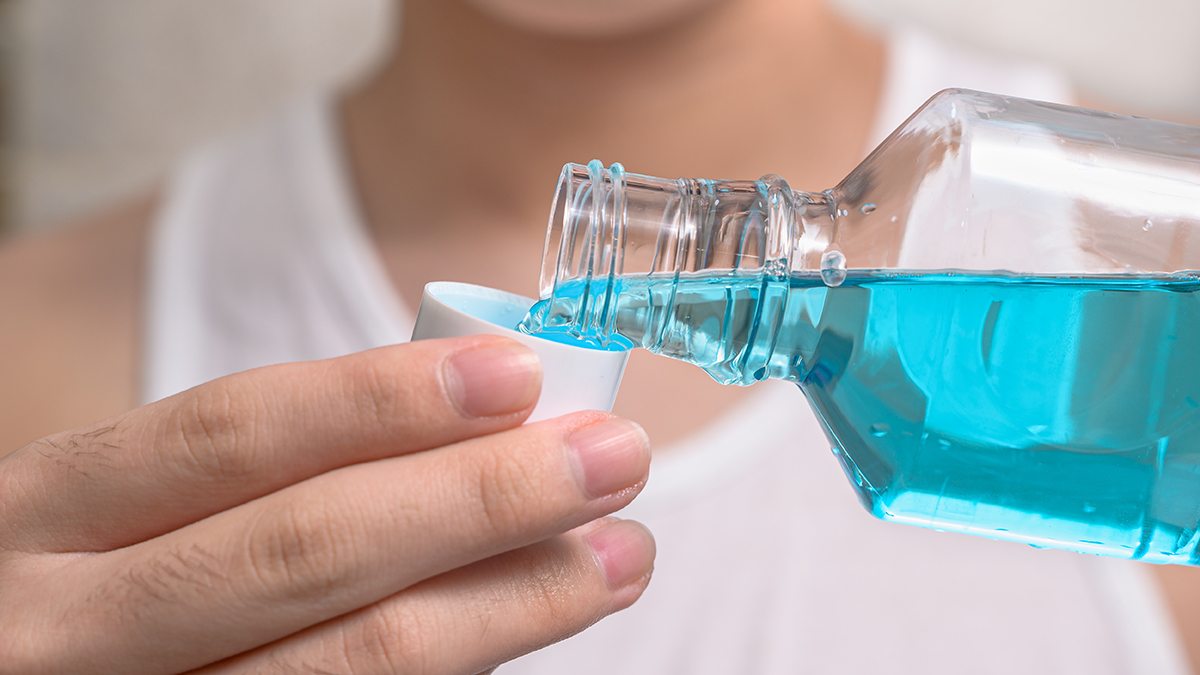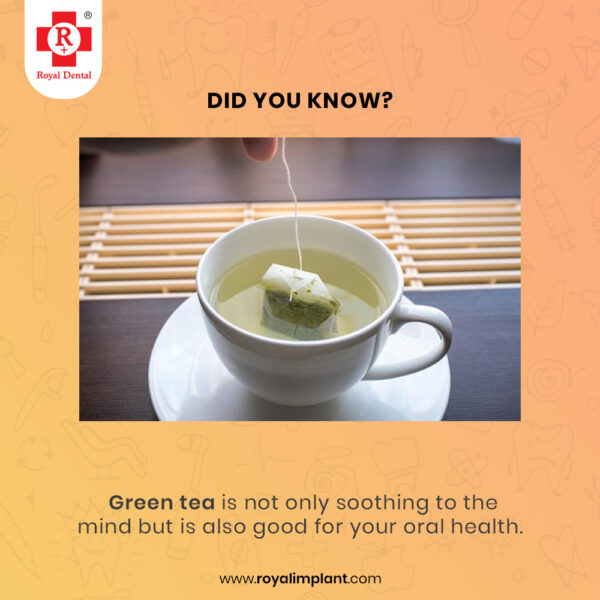A toothache can be one of the most painful health issues you experience. It can be caused by a variety of issues, from cavities and gum disease to infection and injury. It’s important to know the signs and symptoms of a toothache, as well as the causes so that you can take the necessary steps to get relief. Fortunately, there are a variety of ways to alleviate the pain and provide long-term relief from the discomfort. In this article, we’ll explore some of the symptoms and causes of a toothache, as well as ways to get relief. A toothache can be one of the most painful experience. It can be caused by a variety of issues which require treatment from dentist.
How can one get Toothache?
A toothache is pain felt in the teeth or gums. It can range from mild discomfort to severe pain. It’s important to understand the difference between a toothache and a dental emergency. A toothache is a general pain in your teeth, gums, or other soft tissues. A dental emergency, on the other hand, is extreme pain that can only be treated with antibiotics.

If you have sudden, extreme pain in your teeth, it’s important to see a dentist as soon as possible. While a toothache is generally a more common and less serious condition, it can still be incredibly painful. It’s important to understand the difference between a toothache and a dental emergency so that you can take the right actions to get the relief you need.
Symptoms of a Toothache
Soreness or tenderness in one or more teeth: A toothache can be felt anywhere in the mouth, including the gums, tongue, and roof of the mouth.
Swollen gums: If you have a toothache, your gums may be tender to the touch and swollen.
Difficulty eating: Eating certain foods, particularly hard foods, can cause toothache.
Changes in the bite: If you have a toothache, you may be grinding or clenching your teeth. This can cause changes to the bite, which may be uncomfortable and lead to other health issues.
Receding gums: If you have a toothache, you may notice your gums are tender to the touch and receding. This can lead to other health issues such as infection.
Diagnosis and treatment of a Toothache
If you are experiencing a toothache, the first thing you should do is visit the dentist. The dentist will examine your teeth and gums to determine the cause of the toothache. They will also be able to offer treatment to reduce the pain. The dentist may choose one of the following to help relieve your toothache:
- A dental cleaning to remove plaque and bacteria from your teeth and gums.
- Application of a desensitizing agent to reduce tooth sensitivity.
3. A filling to restore tooth decay and prevent infection from spreading.
4. Root canal to manage an infection.
5. Tooth removal to treat tooth decay or infection that has spread to the roots.
6. The dentist may also recommend other treatments, such as changes to your diet, such as stopping the intake of spicy foods.
Home remedies for toothache relief
A regular salt water rinse and cold compress application can typically remedy minor irritation, but more serious toothaches may require a dentist’s intervention.
Saltwater rinse: For most of us, a saltwater rinse is an effective first-line treatment. Salt water is a natural disinfectant, and it can help loosen food particles and debris that may be stuck in between your teeth.
Hydrogen peroxide rinse: This rinse may help to relieve pain and inflammation. In addition to killing bacteria, hydrogen peroxide can reduce plaque and heal bleeding gums.



Cold Compress: You can use a cold compress to relieve any pain you’re experiencing, especially if any type of trauma has caused your toothache.
Peppermint tea bags: These bags can be used to numb pain and soothe sensitive gums.
Garlic: For thousands of years, garlic has been recognised and used for its medicinal properties in India. It also has antibacterial which acts as a pain reliever.
Wheatgrass: Wheatgrass has countless healing properties, like anti-inflammatory and immune-boosting properties. It contains many nutrients, including a high chlorophyll content, that help to fight bacteria.
Professional treatments for a toothache
If home remedies don’t provide relief, it’s important to seek professional treatment. The dentist can help to reduce toothache and other symptoms through the following treatments:
A dental cleaning: The goal of this treatment is to remove plaque and bacteria from the teeth and gums that are causing toothache and other oral issues.
Application of a desensitising agent: This can be used to reduce tooth sensitivity that is caused by tooth decay. A filling in this treatment can be used to restore tooth decay and help to prevent an infection from spreading.
Root canal: This can be used to manage an infection that cannot be treated with a filling.
Preventing future toothaches
To prevent future toothaches, you should practice good oral hygiene, such as brushing your teeth twice daily. You should also visit the dentist every six months for a professional cleaning.
Brushing your teeth twice daily – You should brush your teeth for two minutes, twice a day. Make sure to brush for the full two minutes, as shorter brushing can be ineffective.
Visiting the dentist every six months – For many people, this is the suggested amount of time between cleanings. Stopping spicy foods – Some spices, such as chili, can cause oral irritation.
Using a mouthwash – Mouthwash can be helpful in preventing tooth decay. Using floss – Flossing can help to remove plaque from between your teeth.
Conclusion
Even if you are experiencing a mild toothache, it’s important to visit the dentist as soon as possible. If left untreated, a toothache can lead to tooth decay, which can cause more serious issues down the road. A toothache can be caused by a variety of issues, but it can also be a sign of a more serious issue. If you experience a toothache, make an appointment with the dentist as soon as possible. It’s important to address the cause of your toothache so that it doesn’t get worse. If you are experiencing a toothache, the first thing you should do is visit the dentist. The dentist will examine your teeth and gums to determine the cause of the toothache.





